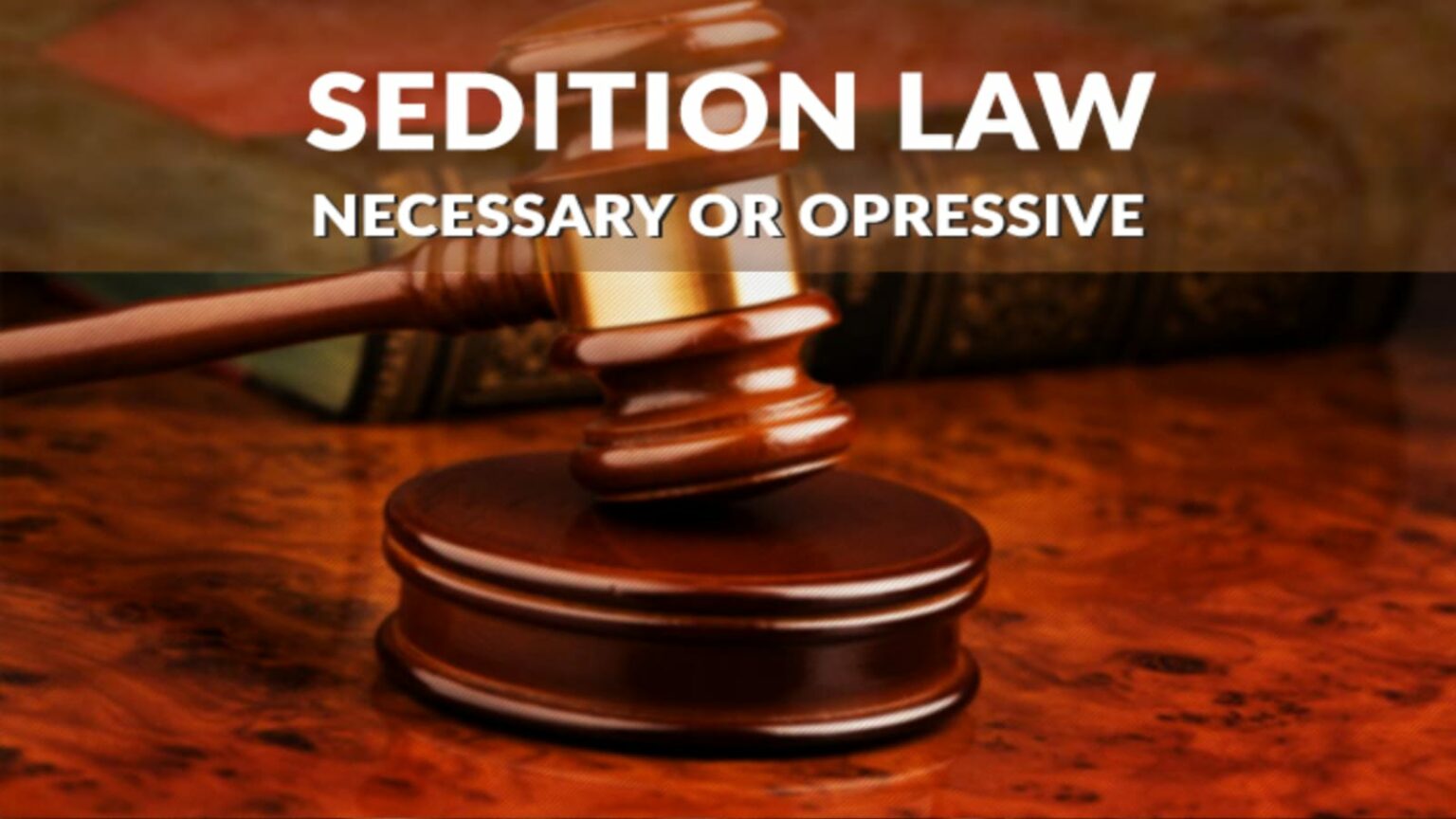SC directed the petitioners to file responses and the Center to file counter-affidavits.
With talks around the country that Section 124 A, the sedition law, to be scrapped because it acts against its purpose. The section was to give immunity to the government to curb people who propose any danger to the government. But in recent times, it is very clearly seen that the use of the law has changed, completely. Any word is spoken against the government, and a sedition case is charged on the said person.
Petitions challenging the Sedition Law were filed by several journalists, social activists, politicians, and media bodies. They seek to scrap the law which was allegedly misused to suppress dissent and voice against the government.
To revoke it a few politicians have appealed to various courts that the law should be repealed or it was suggested that the Unlawful Activities Prevention Act (UAPA) was enough to protect the integrity of the country.
The Supreme Court of India said that a call would be taken to decide whether the petitions challenging the validity of the law are referred to a constitutional bench even before going to the merit of the pleas which was earlier upheld by a five-judge bench. It also made clear that a lengthy hearing will not be allowed on this reference issue and only 30 minutes would be given to each, Center and the petitioners to argue before the court on 10 May, 2022.
The petitioner side is led by Kapil Sibal. He contended that they are not seeking a larger bench and that a three-judge bench could hear the plea. The bench to chair Justice N V Ramana along with Justice Surya Kant and Justice Hima Kohli.
Referring to the 1962 constitution bench testing, Sibal submitted a sedition provision in the context of Article 19(1) (a) on the Right to freedom of expression. But the present batch of petitions has pleaded that the penal provision is to be examined in the context of Article 14 (equality before law) and Article 21 (right to life and personal liberty) which was not tested earlier.
In case the court is not agreeable to the submission test the law on articles 14 and 21 of the Indian Constitution then it can be referred to a seven-judge bench. This plea was opposed by Attorney General K K Venugopal, who said that the 1962 judgment continues to be good law and that there was no need for re-examination by a larger bench.
On the contrary, the bench said that if the case is referred to a constitution bench, then the hearing on the validity of the law could be started right away. Tushar Mehta, Solicitor General pleaded that the bench should adjourn the hearing and allow the Center a reasonable time to take a definite stand on the challenging petitions. He continued that the response could not be filed within the stipulated time as approval from competent authority is required for the draft prepared by lawyers.
Trinamool Congress MP Mahua Moitra hit the solicitor general for filing a reply in pleas challenging the sedition law. She has separately filed a petition for striking down the colonial-era law. She took to Twitter and said that it was shameful of the Solicitor General to buy time for the Government of India on most urgent cases.
Instances, where the Law was misused, were also clearly stated before the court. In the recent events in the Hanuman Chalisa case, a couple was detained only because they wanted to chant Hanuman Chalisa.
On 27 Apr, the bench directed the Center to file a reply stating that the hearing would commence by May 5, earlier. The bench has asked to file a written submission on the question of reference by May 7 by both sides. It also granted an opportunity to the Center to file its response by 9 May and on 10 May the final hearing on the reference would commence.
Published by: Diwakar Kumar
Edited by: Aaradhana Singh













